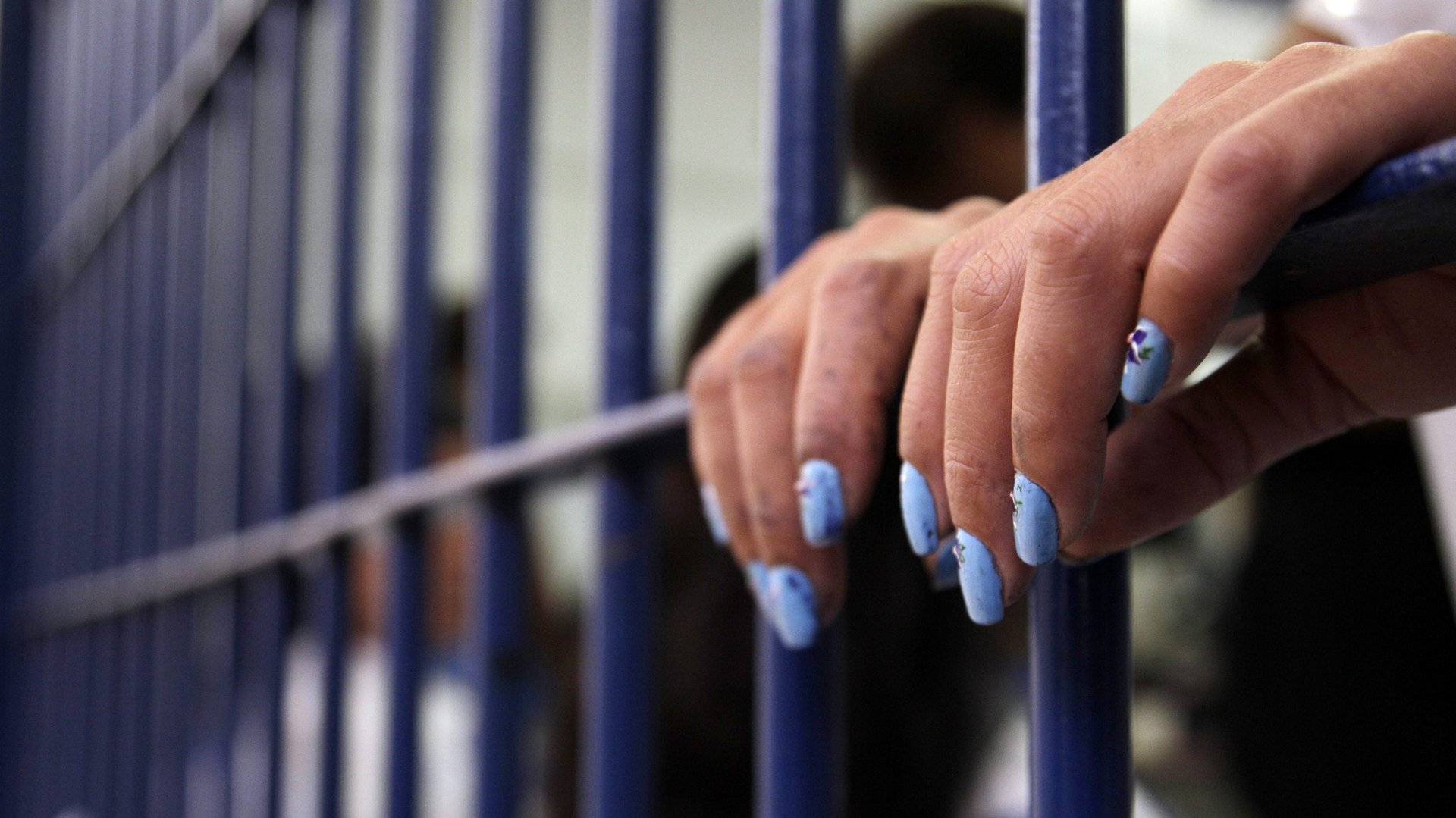The US bail system punishes the poor and rewards the rich
Each year, hundreds of thousands of Americans go to jail without being convicted of a crime—simply because they are too poor to make bail. Jurisdictions across the country rely on money bail to determine who goes free before trial. Not only is this system an enormous waste of public resources, it does deep injustice to people who are still presumed innocent.


Each year, hundreds of thousands of Americans go to jail without being convicted of a crime—simply because they are too poor to make bail. Jurisdictions across the country rely on money bail to determine who goes free before trial. Not only is this system an enormous waste of public resources, it does deep injustice to people who are still presumed innocent.
Richard Stanford, for example, is a 63-year-old Vietnam veteran who lives with his daughter in Baltimore County, Maryland. He had exactly 31 cents to his name when he was arrested on May 17 for trespassing. But the judge set his bail at $2,600.
Stanford could have asked his daughter for help, but she can barely pay her own bills on her modest medical technician salary. So he sat in jail for three weeks on what is euphemistically referred to as the “expedited docket”—no trials, no witnesses, just guilty pleas or postponements to the next trial date. Desperate to get out of jail, Stanford waived his rights and pled guilty to a time-served sentence. He was sentenced to three weeks, the amount of time he had already served in jail, and released that afternoon.
Stanford’s story is far too common—and the broken bail system harms not only the people in jail, but the public at large. Our research, recently published in the Journal of Legal Studies, shows that this system subverts justice by causing convictions and new crime. Using a large sample of criminal cases in Philadelphia, where defendants are randomly assigned to judges, some of whom are harsh and others lenient in setting the bail amounts, we were able to determine the causal implications of money bail on defendant outcomes.
The results were staggering: The assignment of bail makes defendants 12% more likely to be convicted. Although our research did not attempt to determine exactly why this might be, it seems likely that many defendants, given the choice of remaining in jail or pleading guilty in exchange for immediate release, opt for the latter option. In this way, pretrial incarceration is used to coerce guilty pleas. Perhaps even more troubling, money bail makes defendants 6-9% more likely to commit new crimes after arrest.
These findings have significance for the entire nation. The costs to society of a justice system that relies on money bail, as opposed to simply releasing those who are fit for release, regardless of their wealth, are far greater than simply increased convictions and crimes. It should come as no surprise that on any given day, a full fifth of the U.S. jail population —450,000 people—are awaiting trial. Aside from the colossal waste of resources, it is a travesty against justice to imprison so many people who have not been convicted of any crime.
This system unfairly punishes people who are too poor to buy their freedom. In Maryland, for example, between 2011 and 2015, more than 80,000 defendants (pdf) were jailed because they were unable to afford bail. And, like Stanford, more than 17,000 of them were jailed on a bail amount of $5,000 or less.
Who benefits from this system? America’s for-profit bail bond industry, which underwrites tens of billions of dollars in bail bonds each year. The bail bond industry’s revenue is generated by premiums charged to defendants lucky enough to be able to buy their freedom from a bail bondsman. In Maryland alone, the commercial bail bond industry charged defendants and their loved ones more than $250 million dollars (pdf) in fees over the last five years. This money is non-refundable: it must be paid regardless of whether the defendant is ultimately convicted of any crime.
Some in the bail industry argue that all of these costs are necessary to ensure that defendants return to court—a conclusion our data does not support. In Philadelphia, we found no evidence whatsoever that the imposition of bail caused defendants to return to court.
Thankfully, the solution to this irrational and morally indefensible system is clear. Unsecured bonds, in which a defendant promises to pay a dollar amount only if he or she fails to appear, have been shown (pdf) to be as effective as traditional bail bonds at ensuring that defendants return to court, and do not commit new crimes while awaiting trial. Automated court reminders, pretrial supervision, and GPS monitoring are also proven, low-cost methods of ensuring court appearance. Text message reminders in particular reduce failure-to-appear rates by close to 50% (pdf) and save jurisdictions millions of dollars annually.
Reform is finally on the horizon. On Jan. 2, for example, New Jersey’s Bail Reform and Speed Trial Act went into effect—eliminating cash bail for people accused of minor crimes. On Jan. 24, the Chief Justice of the Missouri Supreme Court urged reform to address the problem of “unwarranted pretrial incarcerations.” And on February 7, the Maryland Court of Appeals will consider limiting cash bail, based on an opinion by the Maryland attorney general that jailing people because they are unable to pay bail likely violates due process—an effort supported by the American Bar Association and former attorney general Eric Holder. Now other states must take up the mantle, so that America moves swiftly and radically to stop punishing the poor.